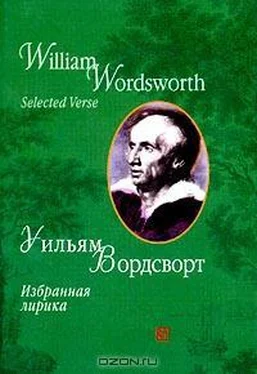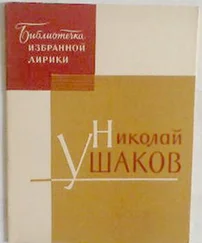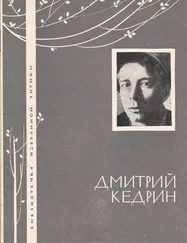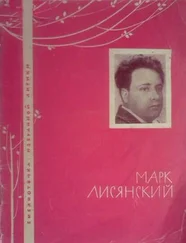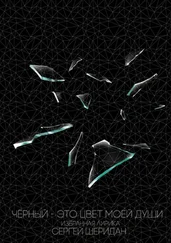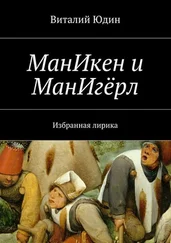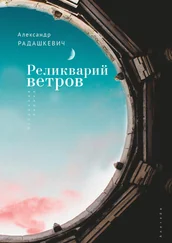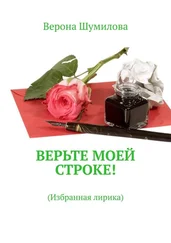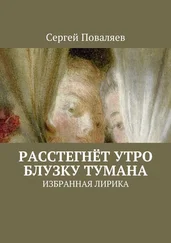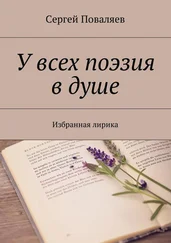Perhaps, and no unlikely thought!
He with his Pony now doth roam
The cliffs and peaks so high that arc,
To lay his hands upon a star,
And in his pocket bring it home.
Perhaps he's turned himself about,
His face unto his horse's tail,
And, still and mute, in wonder lost,
All silent as a horseman-ghost,
He travels slowly down the vale.
And now, perhaps, is hunting sheep,
A fierce and dreadful hunter he;
Yon valley, now so trim and green,
In five months' time, should he be seen,
A desert wilderness will be!
Perhaps, with head and heels on fire,
And like the very soul of evil,
He's galloping away, away,
And so will gallop on for aye,
The bane of all that dread the devil!
I to the Muses have been bound
These fourteen years, by strong indentures:
О gentle Muses! let me tell
But half of what to him befell;
He surely met with strange adventures.
О gentle Muses! is this kind?
Why will ye thus my suit repel?
Why of your further aid bereave me?
And can ye thus unfriended leave me
Ye Muses! whom I love so well.
Who's yon, that, near the waterfall,
Which thunders down with headlong force,
Beneath the moon, yet shining fair,
As careless as if nothing were,
Sits upright on a feeding horse?
Unto his horse-there feeding free,
He seems, I think, the rein to give;
Of moon or stars he takes no heed;
Of such we in romances read:
— 'Tis Johnny! Johnny! as I live.
And that's the very Pony, too!
Where is she, where is Betty Foy?
She hardly can sustain her fears;
The roaring waterfall she hears,
And cannot find her Idiot Boy.
Your Pony's worth his weight in gold:
Then calm your terrors, Betty Foy!
She's coming from among the trees,
And now all full in view she sees
Him whom she loves, her Idiot Boy.
And Betty sees the Pony too:
Why stand you thus, good Betty Foy?
It is no goblin, 'tis no ghost,
Tis he whom you so long have lost,
He whom you love, your Idiot Boy.
She looks again — her arms are up —
She screams — she cannot move for joy;
She darts, as with a torrent's force,
She almost has o'erturned the Horse,
And fast she holds her Idiot Boy.
And Johnny burrs, and laughs aloud;
Whether in cunning or in joy
I cannot tell; but while he laughs,
Betty a drunken pleasure quaffs
To hear again her Idiot Boy.
And now she's at the Pony's tail,
And now is at the Pony's head, —
On that side now, and now on this;
And, almost stifled with her bliss,
A few sad tears does Betty shed.
She kisses o'er and o'er again
Him whom she loves, her Idiot Boy;
She's happy here, is happy there,
She is uneasy every where;
Her limbs are all alive with joy.
She pats the Pony, where or when
She knows not, happy Betty Foy!
The little Pony glad may be,
But he is milder far than she,
You hardly can perceive his joy.
"Oh! Johnny, never mind the Doctor;
You've done your best, and that is all:"
She took the reins, when this was said,
And gently turned the Pony's head
From the loud waterfall.
By this the stars were almost gone,
The moon was setting on the hill,
So pale you scarcely looked at her:
The little birds began to stir,
Though yet their tongues were still.
The Pony, Betty, and her Boy,
Wind slowly through the woody dale;
And who is she, betimes abroad,
That hobbles up the steep rough road?
Who is it, but old Susan Gale?
Long time lay Susan lost in thought;
And many dreadful fears beset her,
Both for her Messenger and Nurse;
And, as her mind grew worse and worse,
Her body — it grew better.
She turned, she tossed herself in bed,
On all sides doubts and terrors met her;
Point after point did she discuss;
And, while her mind was fighting thus,
Her body still grew better.
"Alas! what is become of them?
These fears can never be endured;
I'll to the wood." — The word scarce said,
Did Susan rise up from her bed,
As if by magic cured.
Away she goes up hill and down,
And to the wood at length is come;
She spies her Friends, she shouts a greeting;
Oh me! it is a merry meeting
As ever was in Christendom.
The owls have hardly sung their last,
While our four travellers homeward wend;
The owls have hooted all night long,
And with the owls began my song,
And with the owls must end.
For while they all were travelling home,
Cried Betty, "Tell us, Johnny, do,
Where all this long night you have been,
What you have heard, what you have seen:
And, Johnny, mind you tell us true."
Now Johnny all night long had heard
The owls in tuneful concert strive;
No doubt too he the moon had seen;
For in the moonlight he had been
From eight o'clock till five.
And thus, to Betty's question, he
Made answer, like a traveller bold,
(His very words I give to you,)
"The cocks did crow to-whoo, to-whoo,
And the sun did shine so cold!"
— Thus answered Johnny in his glory,
And that was all his travel's story.
СЛАБОУМНЫЙ МАЛЬЧИК [29] Перевод А. Карельского
Уж смерклось. Ровный свет луны
Лежит на рощах и лугу.
Бог весть откуда гулкий клич
Подруге шлет угрюмый сыч.
Тоскливо в лунной тишине
"Угу!" — плывет — "Угу-у! Угу-у!".
Что так спешишь, что так дрожишь,
Что не в себе ты, Бетти Фой?
Зачем на пони водружен
Бедняжка слабоумный Джон,
Сыночек горемычный твой?
Уж все в округе спят давно.
Сними, сними его с седла!
Он горд, он радостно мычит;
Но, Бетти! он ли вдруг помчит
Сквозь сумрак вешний, как стрела?
Но Бетти знает лишь одно:
В беде соседка, Сьюзен Гей;
Она стара, она больна,
Совсем одна живет она,
И очень худо нынче ей.
А рядом ни души живой,
Ни дома на версту вокруг.
Кто вразумит их в эту ночь,
Как старой Сьюзен им помочь,
Чем облегчить ее недуг?
Они одни, темно кругом,
И мужа Бетти дома нет:
Он дровосек; в соседний дол
Вчера он лес валить ушел.
Что делать им? Кто даст ответ?
И Бетти пони своего
Тогда выводит со двора.
Конек тот всюду и везде —
Что на кормежке, что в узде —
Являл отменно смирный нрав.
Читать дальше
